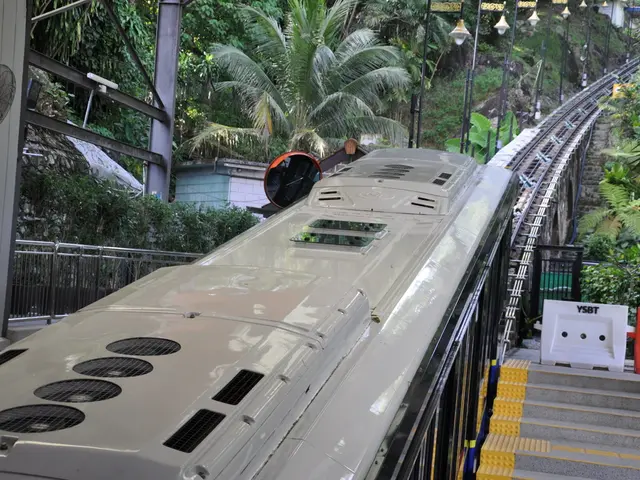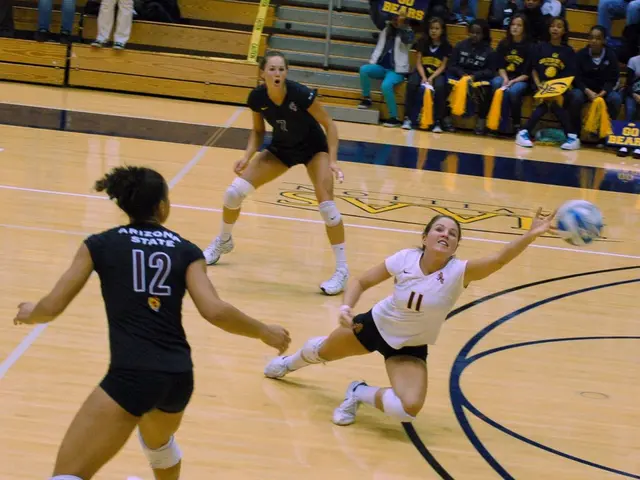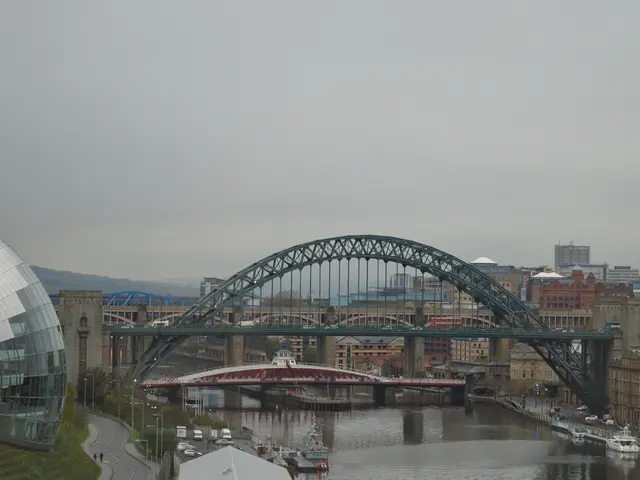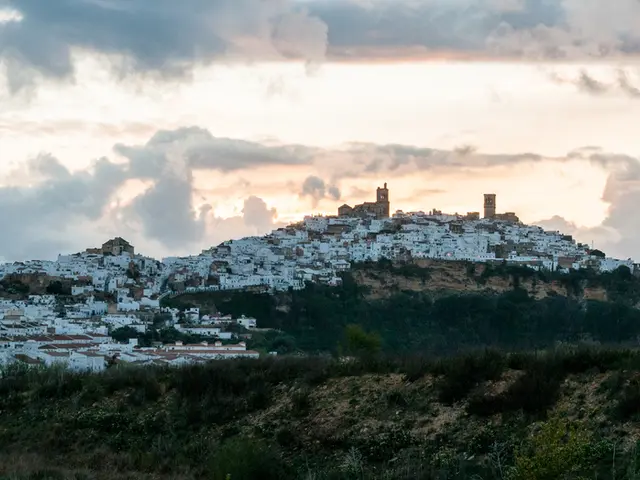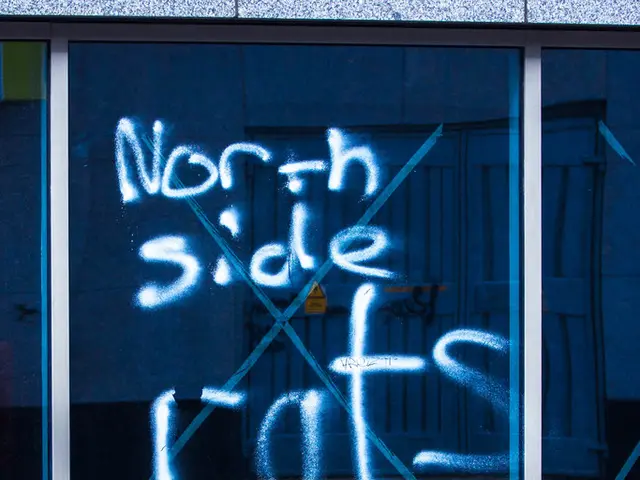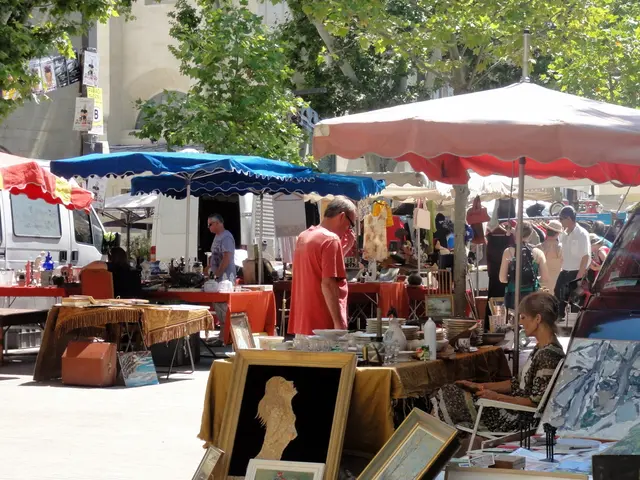A House Divided: Electoral Struggles in Venezuela
Venezuela: Electoral Data Transferred to Supreme Court by CNE; US Revokes Recognition of González
Amidst simmering political unrest, Venezuela finds itself entangled in a complex electoral dispute. The nation is caught in a web of shattered opposition, government-manipulated electoral bodies, and overseas pressures that make the electoral landscape as rugged as the Andes themselves.
The Timeline of a Crisis
- Late 2010s: Venezuela's economy takes a nose-dive due to plummeting oil prices, leading to profound political turmoil.
- 2018: Presidential elections were held, with opposition candidates like Henri Falcón competing [1].
- 2024: A contentious presidential election occurred, marred by accusations of a hack targeting the publication of results. The Maduro government blamed the attack on North Macedonia and implicated opposition leaders [5].
- 2025: Legislative, regional, and local elections are scheduled for May 25. The opposition grapples with whether to participate due to concerns surrounding fairness and government pressure [1][2].
Key Players
- Maduro Administration: Presided over by President Nicolás Maduro, the government has consolidated its power through various tactics, including electoral control and suppression of opposition [1][2].
- Democratic Unitary Platform (PUD): A coalition of opposition parties, it includes some of the most significant non-Chavista groups in Venezuela. However, tensions within the coalition are growing over engagement in the elections [1].
- Prominent Opposition Figures:
- Henrique Capriles: A former presidential candidate who was exiled from his party, Primero Justicia. He advocates for participation in the elections [1].
- Manuel Rosales: Governor of Zulia state and leader of Un Nuevo Tiempo (UNT), which plans to participate in the upcoming elections [1].
- María Corina Machado, Leopoldo López, and Lester Toledo: Key opposition figures allegedly involved in the cyber-attack [5]
Current Legal Affairs
- Electoral Council Challenges: The National Electoral Council (CNE) has faced setbacks due to a cyber-attack, and its website remains offline. The CNE, which holds sway over electoral processes, might influence opposition strategies [2].
- Attorney General Investigations: An ongoing probe into the alleged cyber-attack targets opposition leaders [5].
- Court Intervention Risks: The Venezuelan Supreme Court typically favors the Maduro government, posing a threat of judicial intervention in opposition primary proceedings [2].
Closing Remarks
The electoral strife in Venezuela is steeped in deep-rooted political divisions, legal hurdles, and international influences. The opposition confronts internal strife and external pressures from the government and international sanctions, while the Maduro regime strives to maintain its grip on the electoral process.
- Reportedly, the electoral landscape in Venezuela is as rugged as the Andes due to shattered opposition, government-manipulated electoral bodies, and overseas pressures.
- In late 2010s, Venezuela's economy took a nose-dive, leading to profound political turmoil, and setting the stage for complex electoral struggles.
- A contentious presidential election in 2024 was marred by accusations of a hack targeting the publication of results, with both the Maduro government and opposition leaders pointing fingers.
- Key opposition figures such as Henrique Capriles, Manuel Rosales, Maria Corina Machado, Leopoldo Lopez, and Lester Toledo face ongoing investigations regarding a cyber-attack in 2024.
- As the electoral Council challenges persist due to a cyber-attack, the National Electoral Council (CNE), which holds sway over electoral processes, poses a potential influence on opposition strategies.
- The opposition grapples with whether to participate in the legislative, regional, and local elections scheduled for May 25, 2025, due to concerns surrounding fairness and government pressure.
- Alongside electoral strife, Venezuela is also battling other issues such as economic crises, crime and justice, accidents, fires, war-and-conflicts, policy-and-legislation, migration, and general news, making the political landscape even more complex and unpredictable.


